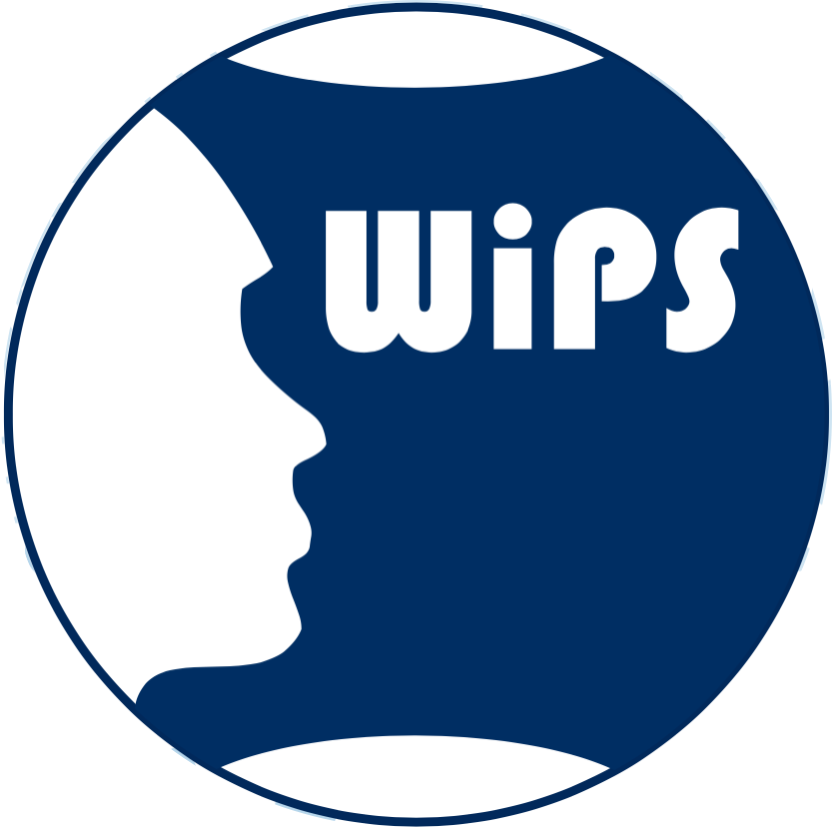Rosemary Vieira, PhD
Fluminense Federal University (Brazil)

Rosemary, in red and black polar parka and ski goggles on her head, stands in front of the Independence Hills, part of the Ellsworth Mountains in West Antarctica, where she was collecting sediment samples in the blue ice moraines.
What’s the work that you do?
I am a geographer. Since 2003 I have been working with sediments and geomorphological processes in the South Shetland Islands, Antarctic Peninsula, and West Antarctica (Ellsworth Mountains). Based on distinct paleo proxies of geomorphic features, and terrestrial, lacustrine, and marine sediments, I reconstruct past climate conditions.
What keeps you going?
Antarctica is important on a global scale and there is so much that we do not understand about it and the polar regions. My curiosity and passion for understanding the unknown and how the climate and the landscapes changed over the past have always motivated me in my research career. And, I always have the privilege of working and learning with people who get excited by science and discoveries.
What’s your message to the world?
The natural systems are very complex and there are so many things to discover and learn about them and their interactions. We have to realize that they operate at their time scale, completely different from the human time scale. As scientists, it is essential to use our research to aid others to understand this.
Organisation: Fluminense Federal University (Brazil)
Nationality:
Brazil
Disciplines:
